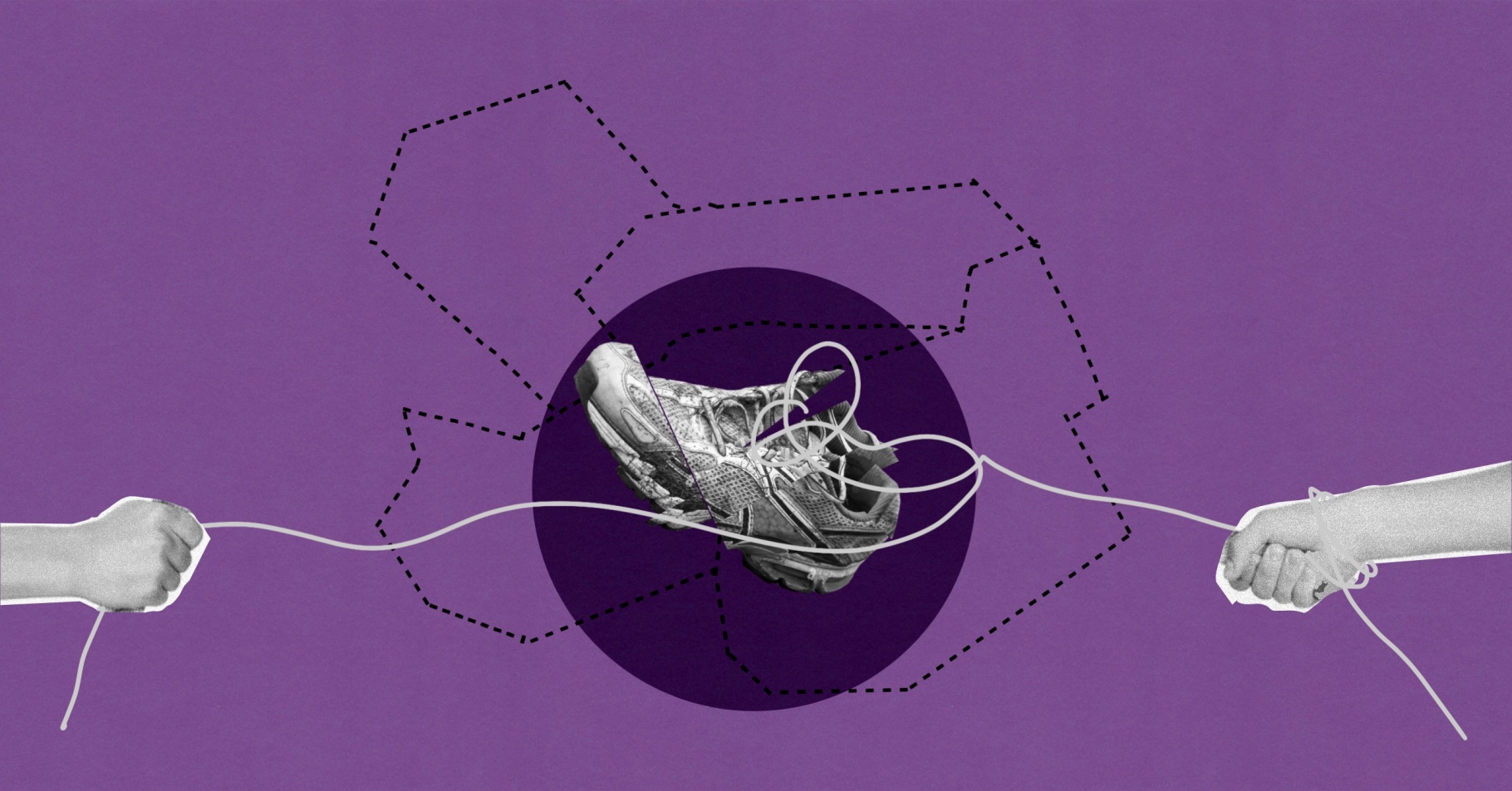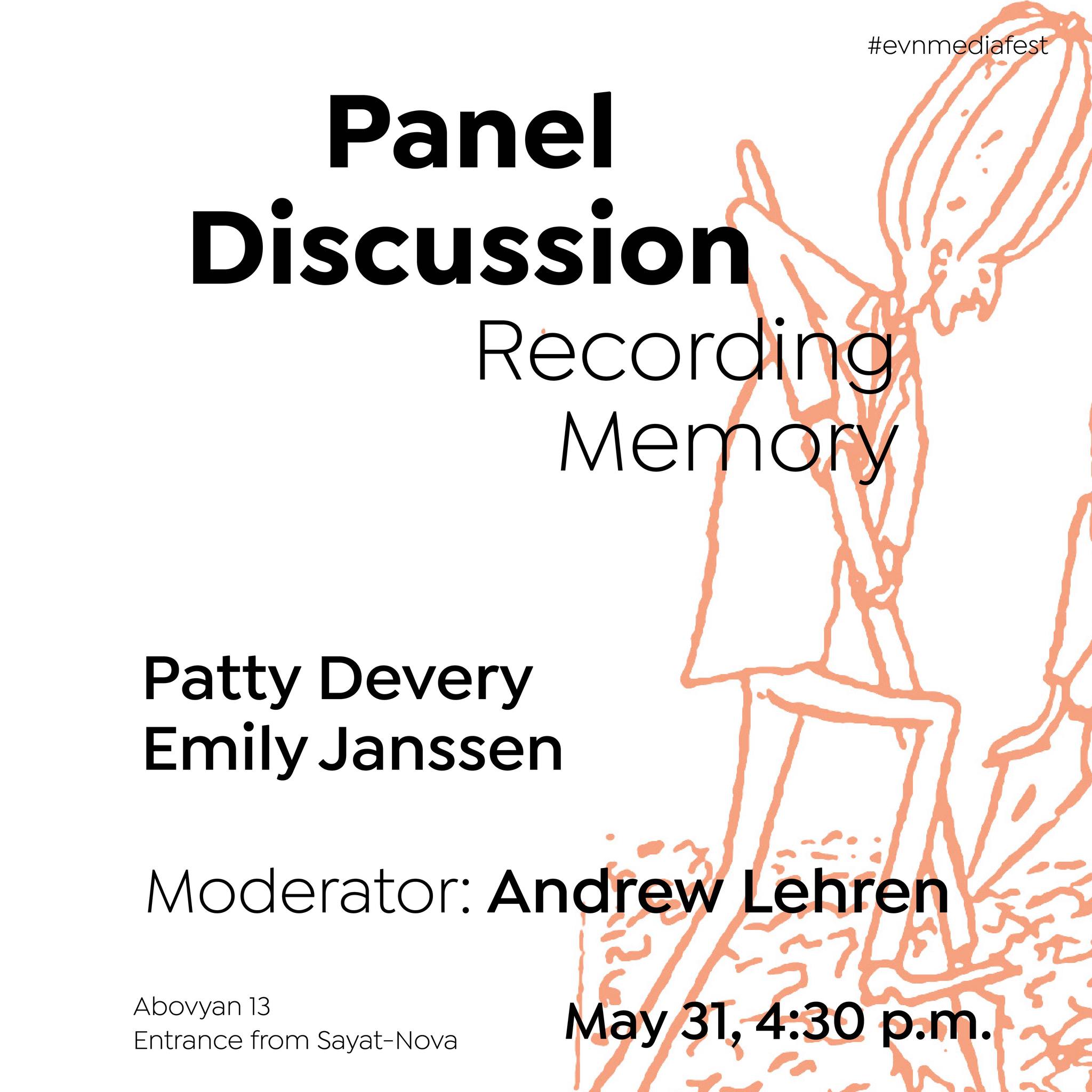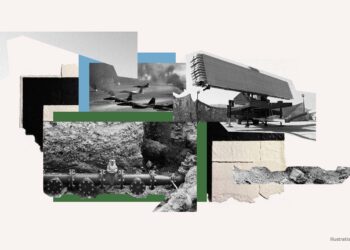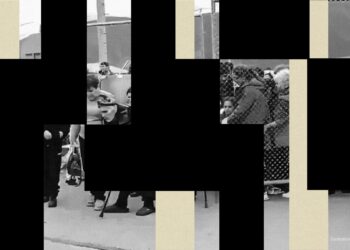
Listen to the article.
Primate of the Tavush Diocese of the Armenian Apostolic Church, Bishop Bagrat Galstanyan, who holds both Armenian and Canadian citizenship, has established himself as the leader of the “Tavush for the Homeland” movement. Many view him as a providential leader, advocating for a peaceful yet resolute resistance against the government’s push of peace at all costs. His firm stance aims to reinvigorate the morale of a weary and humiliated nation, blending sentimental patriotism, spirituality, and a call to disobedience.
With an aura reminiscent of an Indian guru, accentuated by his white cassock, exudes hope. His walk to Yerevan evoked a sense of déjà vu, similar to Nikol Pashinyan’s journey from Gyumri to Yerevan in the spring of 2018. This parallel invokes Marx’s famous quote: “The first time history repeats itself as tragedy, the second time as farce.”
Should we support the popular movement Tavush for the Homeland led by Bishop Galstanyan? Or is he merely a false prophet, an Armenian version of Ayatollah Khomeini, or even worse, a man without faith or law, as his critics argue? Many believe that Armenia can no longer endure such humiliation and territorial dismemberment without a fight. Pashinyan’s government only proposes demarcating a small section of the extensive border between Armenia and Azerbaijan. Will he secure compensation or at least the return of Armenian territories currently under Azerbaijani occupation, including the enclave of Artsvashen, which is absent from the discussions? So far, the answer remains no.
The Armenian government has been unable to convince the population of its commitment to consolidating an independent, sovereign state at peace with its neighbors. It often overlooks the fact that democratic Armenia cannot establish peace with totalitarian Azerbaijan without effective deterrence strategies. This poses a risk for the current government which is pursuing peace at any cost, without a combat-ready army, without economic and demographic advantages, and without guaranteed security for its people – without strategic thinking.
The Legitimacy of this Movement
Take France as an example, which made peace with West Germany in 1963, driven by General de Gaulle and Chancellor Adenauer. The thought of this peace being possible if Germany had remained a totalitarian regime is unthinkable. It’s worth noting that the French and German leaders of the time were guided by a discreet yet profound Christian faith, fostering a mutual aspiration for peace and reconciliation between their nations.
In Armenia, society is becoming increasingly fractured due to Nikol Pashinyan and his contradictions. Ideally, the entire political class would unite around the survival of the state as a common goal; however, passions and egos seem to overshadow reason and common sense. The current situation in Armenia is a defining moment. Never has the country been so threatened by Pan-turkism, nor has it been so at odds with Russia. Furthermore, the West, including the United States and the European Union, has never shown such hypocrisy, if not cynicism, in its support for Armenia’s “resilience”.
The Armenian people and the Armenian diaspora remain, representing two lungs of the same body. This fragmented nation is supposedly united by the Apostolic Church, the guardian of faith and refuge of identity. To this day, a tacit rule of non-interference governs the relations between political and spiritual power. There is no formal agreement or clear separation, but rather a division of tasks, a form of complementarity.
Today’s crisis presents political power with an unprecedented opportunity to openly interfere in the internal affairs of the Church. It’s reasonable to think that a power struggle is underway between the Church and those in power. This confrontation can only serve to further weaken an already beleaguered and battered Armenia. In this Armenia, neither the Artsakhtsis, nor the Diasporans, nor the ancien regime or the “others”, are encouraged to contribute to the defense and reconsolidation of the nation.
A Devitalized Armenia
Today, Armenians are faced with a choice between two impasses. They can surrender the natural shield of Tavush, which would undermine the defense of northeastern Armenian territory with no guarantee that dictator Aliyev’s ambitions will stop there. Alternatively, they can concede nothing and brace for an imminent Azerbaijani military offensive with potentially disastrous consequences.
As the Tavush for Homeland movement gains traction among civil society and political figures, some in the diaspora are now questioning the legitimacy of this movement. One concern is the political legitimacy of a democratically-elected government whose term ends in 2026, but whose capital of trust is being rapidly depleted in the face of the scale of the security threat. There is also the undeniable popular legitimacy, the last gasp of a people who do not want to be subjugated and remain masters of their own destiny.
If Pashinyan persists against all odds to normalize relations with Azerbaijan and Turkey, Armenia’s future may see a reduction in its territorial base and considerable integration into Turkey’s economy. Its territory could serve as a passageway to Azerbaijan, with the blessing of a reassured West that Russia had lost the game to NATO and its allies. Perhaps Russia will retain its Gyumri base. However, Armenia may essentially become a satellite of Ankara, akin to an economic colony, similar to the Georgian region of Adjara, which has been largely phagocytosed by neighboring Turkey.
A Defeat of Thought
To date, there is no clear, debated, and realistic roadmap to restore confidence in Archbishop Bagrat’s initiative. The lack of a roadmap signifies a structural crisis among Armenian elites. Symptoms of the crisis include the inability to find common ground, the idolization of a savior figure, the absence of critical thinking, and a lack of consultation and open dialogue between the government and the opposition. There is a fundamental absence of a sense of state.
“The Strange Defeat” is a well-known book by French historian Marc Bloch, published in 1946, two years after his death. Although Bloch participated in both world wars this book does not recount his personal experiences. Instead he tries to objectively understand the reasons for the French defeat.
He analyzes the deficiencies of the French army, crippled by bureaucracy, during the pre-war period and the war itself. He concludes with an examination of France, connecting the observed deficiencies with those identified in French society between the wars.
He discusses the ineptitude of the intelligence services, the failures of leadership, the short-sightedness of the French people as a whole, and the issues of weakness, stagnation, corporatism, pacifism, the petty bourgeois spirit of the unions, Marxist internationalism, and widespread cowardice. Bloch suggests a shared responsibility that led to a hasty surrender, despite the possibility of continuing the war. He notes that few people were blind to these issues, but no one dared to speak up, or expose these shortcomings before they were revealed by the conflict. Armenia has been spiraling into chaos for nearly four years, with its elites failing to control the situation.
To succeed in his project, Bagrat Srbazan, who announced that he will be suspending his “spiritual service” to be the candidate for prime minister of the movement, needs to assemble a critical mass of demonstrators. However, his last rally on May 26 in the center of Yerevan gathered only 21,300 people, according to the fact-checking NGO Union of Informed Citizens.
What could the scenarios be for ending the crisis if the Tavush movement gains momentum?
1) The movement loses momentum due to a decrease in the number of protesters. Meanwhile, the parliamentary opposition and the majority become more radical, weakening the country.
2) The movement unifies and gains real popular legitimacy. The Prime Minister resigns, and a peaceful government of national unity and crisis forms around technocrats and civil society.
3) The Prime Minister does not resign but conducts a cabinet reshuffle that includes consensus figures, and he calls early legislative elections.
In all scenarios, Armenia faces the same threat of Azerbaijani military aggression, the same alignment of Russia with Baku, and the same reluctance from the West to help.
Let us hope that Archbishop Bagrat’s movement will address the structural issues of Armenian society by calling for sacred unity.
This unity should be based on a solemn commitment to build a sovereign, geopolitically neutral nation-state where national interests take precedence over those of Russia and the West. It should encompass the driving forces of the nation, including the diaspora. Armenia has no allies and for decades has upheld an illusion of partnership with the diaspora. The diaspora, in turn, must recognize that it’s time to genuinely and sincerely defend Armenia. May Armenian talents and skills worldwide be put to the service of the common good and the defense of the state, which is currently threatened existentially.
May on
EVN Report
Genocide 2.0: Old Threats, New Delivery?
Davit Khachatryan focuses on the changing dynamics surrounding genocide, particularly in light of modern warfare tactics and weaponry, emphasizing the importance for Armenia to be vigilant in response to emerging threats.
Read moreHungary: Baku’s Friend in Brussels
Hungary recently blocked EU assistance to Armenia through the European Peace Facility, yet another move highlighting its strategic alignment with Azerbaijan, from supporting Baku's actions in Nagorno-Karabakh to blocking EU statements condemning them to extraditing a convicted murderer more than a decade earlier.
Read moreAzerbaijan-Israel Relations: Implications for Armenia
The deepening alliance between Azerbaijan and Israel carries significant implications for Armenia, notably Azerbaijan's considerable acquisition of advanced Israeli weaponry which it has extensively employed against Armenian forces in the past decade.
Read moreEthnic Cleansing, Genocide or Displacement?
This article explores the most accurate term to describe the de-Armenization of Nagorno-Karabakh by comparing various perspectives and examining the legal and political applicability of these terms.
Read moreEVN Report
Media Festival

This panel will explore the vital role of storytelling in preserving personal narratives and collective history. Featuring representatives from StoryCorps, renowned for capturing and archiving diverse voices, the discussion will examine the power of recording memories to foster empathy, understanding and inclusivity.






This essay asks some good questions and make some good points.
However, the present “border demarcation” comes ONLY AFTER a series of major LOSSES by Pashinyan, notably the 2020 war, the blockade and loss of Artsakh, the Armenians still being held by Azerbaijan, Azerbaijan’s “Western Azerbaijan” (that is, Armenia itself) campaign, and more.
In other words, it is precisely Pashinyan’s faulty policies – whatever the many faults of previous Armenian leaders – that have brought Armenia to the alleged either/or of territorial concessions or war.
Pashinyan is certainly “on a roll” but it’s not a winning “roll.”
Pashinyan also came into office on an outright major lie – that there were not foreign policy implications to his candidacy. His arrest of political opponents is also unjustified.
Do Armenians want a leader who desires to remove Mt. Ararat from the coat of arms?
What next – rename Ararat Province and cities such as Nor Kharpert?
Different leadership is needed. That much is clear.